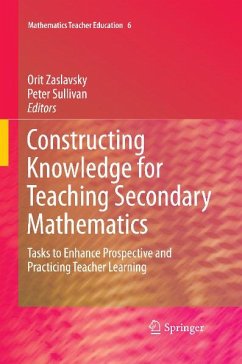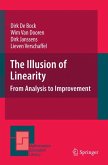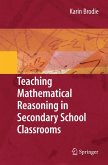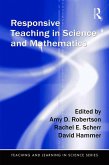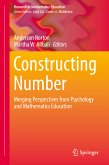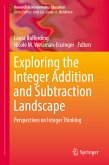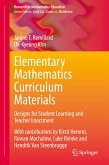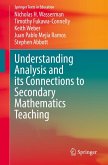This transformation occurs optimally through constructive engagement in tasks that foster knowledge for teaching secondary mathematics. Ideally such tasks provide a bridge between theory and practice, and challenge, surprise, disturb, confront, extend, or provoke examination of alternatives, drawn from the context of teaching. We define tasks as the problems or activities that, having been developed, evaluated and refined over time, are posed to teacher education participants. Such participants are expected to engage in these tasks collaboratively, energetically, and intellectually with an open mind and an orientation to future practice. The tasks might be similar to those used by classroom teachers (e.g., the analysis of a graphing problem) or idiosyncratic to teacher education (e.g., critique of videotaped practice).
This edited volume includes chapters based around unifying themes of tasks used in secondary mathematics teacher education. These themes reflect goals for mathematics teacher education, and are closely related to various aspects of knowledge required for teaching secondary mathematics. They are not based on the conventional content topics of teacher education (e.g., decimals, grouping practices), but on broad goals such as adaptability, identifying similarities, productive disposition, overcoming barriers, micro simulations, choosing tools, and study of practice. This approach is innovative and appeals both to prominent authors and to our target audiences.
This book may inspire researchers who engage in the study of design principles and characteristics of productive tasksfor secondary mathematics teacher education.
Dieser Download kann aus rechtlichen Gründen nur mit Rechnungsadresse in A, B, BG, CY, CZ, D, DK, EW, E, FIN, F, GR, HR, H, IRL, I, LT, L, LR, M, NL, PL, P, R, S, SLO, SK ausgeliefert werden.

